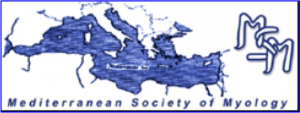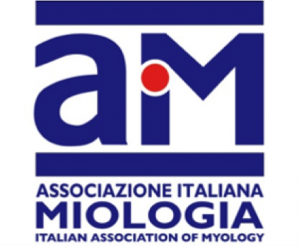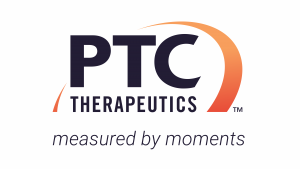Statin-induced necrotizing autoimmune myopathy (IMNM) is an autoimmune disorder induced by anti-3-hydroxy-3-methylglutaryl-coenzyme-A reductase (anti-HMGCR) antibodies. We performed a retrospective clinical, histological, and radiological evaluation of 5 patients with a 3-year therapeutic follow-up. All patients used statins and then experienced proximal weakness that persisted after drug cessation. Muscle biopsies revealed a primary necrotizing myopathy without inflammatory infiltrates. All patients required immunomodulant combination therapy to achieve clinical remission. Magnetic resonance imaging (MRI) showed the presence of edema in the medial gastrocnemius, posterior and central loggia of the thigh, posterior loggia of the arm, and the infraspinatus and subscapularis muscles, as well as extensive inflammation of the subcutaneous tissues and muscolaris fasciae. Serum analysis, muscle biopsy, and MRI are fundamental for IMNM diagnosis and follow-up. The growing use of statins in the general population raises the importance of acquaintance with this disease in clinical practice.






